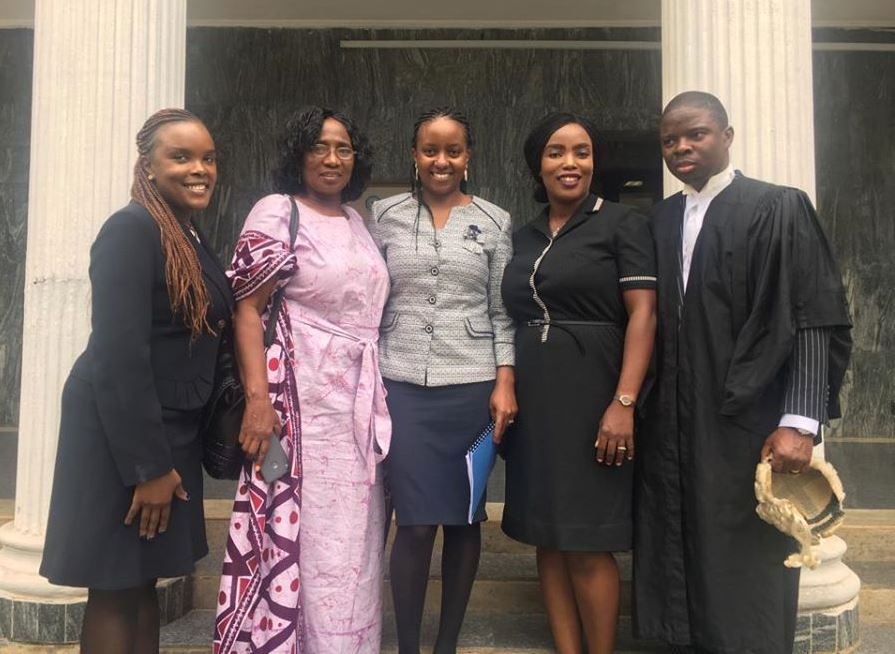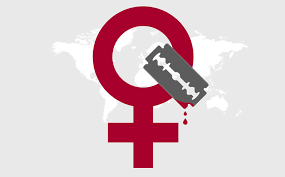Banjul, 12 December 2019: The Court of Justice of the Economic Community of West African States (the ECOWAS Court) has ruled that the Republic of Sierra Leone’s policy to ban pregnant girls from attending mainstream school is a violation of girls’ right to education.
In its judgment on Suit No. ECW/CCJ/APP/22/18 – Women Against Violence and Exploitation in Society (WAVES) v The Republic of Sierra Leone, handed down 12 December 2019, the Court held that Sierra Leone’s practice of establishing separate educational facilities for pregnant girls was an institutionalized discrimination against them and a violation of the right to equal education for all children, especially as teaching in the said schools was found to be significantly inefficient. This is in violation of several provisions of international legal instruments applicable to Sierra Leone, notably the African Charter on Human and Peoples’ Rights, the African Charter on the Rights and Welfare of the Child, the Protocol to the African Charter on Human and Peoples’ Rights on the Rights of Women in Africa (Maputo Protocol), the United Nations Educational, Scientific and Cultural Organisation Convention Against Discrimination in Education, the United Nations Convention on the Rights of the Child, the Convention on the Elimination of All Forms of Discrimination Against Women, the International Covenant on Economic, Social and Cultural Rights, and the Universal Declaration of Human Rights.
Consequently, the Court ordered Sierra Leone to immediately revoke the policy banning pregnant girls from mainstream school; to abolish the schools established separately for pregnant girls; to develop strategies, programmes and nationwide campaigns focusing on reversing negative societal attitudes that support discrimination and bias against pregnant girls attending school, which foster the violation of their right, as well as the right of teenage mother, to continuing education; to develop strategies, programmes and nationwide campaigns to enable teenage mothers to attend school; and to integrate sexual and reproductive health education into the school curricula.
It should be noted that that the case was brought before the ECOWAS Court in December 2018 by WAVES and the Child Welfare Society of Sierra Leone (CWS-SL), represented by “Equality Now’ as Agent and the “Institute for Human Rights and Development in Africa” (IHRDA) as Counsel. Amnesty International filed an Amicus Curiae brief to assist the Court in making its decision. The Plaintiffs challenged the Policy implemented by the Government of Sierra Leone in which girls who were deemed ‘visibly pregnant’ were not allowed to continue education in mainstream schools, but were placed in a different school or not afforded the opportunity to go to school; thus a violation of their right to education.
The Plaintiffs have described the Court’s decision as a major milestone in girls’ rights jurisprudence in Africa, as such violations are common in a number of countries on the continent, particularly in Tanzania and Equatorial Guinea.
For enquiries, please contact:
- Oludayo Fagemi, Legal Officer, IHRDA ofagbemi@ihrda.org, +2207751209
- Judy Gitau, Programmes Manager, Equality Now, Africa Regional Office, jgitau@equalitynow.org, +254 722 337825






